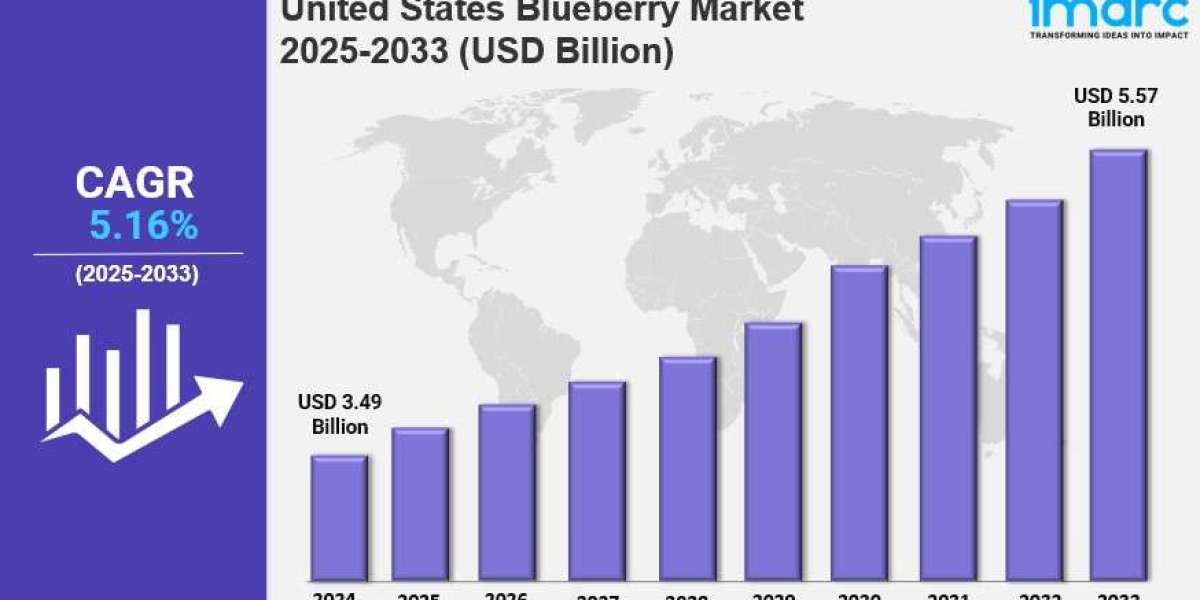In today's rapidly evolving world, government agencies face unique challenges that require specialized solutions to ensure efficiency, safety, and sustainability. One such solution that has gained traction is the CDS solution (Collaborative Decision Support). This technology-driven framework enhances the decision-making process by integrating multiple sources of information and providing agencies with accurate, real-time data to improve public services.
However, when it comes to implementing CDS solutions for government agencies, there are distinctive needs and constraints to consider. From compliance with regulations to ensuring operational transparency and addressing public safety concerns, these solutions must be tailored specifically to meet the diverse requirements of the public sector.
Understanding the Core of CDS Solutions
Collaborative Decision Support (CDS) systems are primarily designed to integrate various data sources, processes, and stakeholders to optimize decision-making. For government agencies, this means ensuring that information from different departments and jurisdictions is collected, analyzed, and shared seamlessly. The use of real-time data analysis is paramount, particularly when managing resources, making policy decisions, or addressing national crises.
CDS solutions help streamline the decision-making process, enhance communication, and enable data-driven strategies. For instance, a CDS solution might be used in a public health agency to track disease outbreaks and allocate medical resources accordingly, or by transportation departments to improve traffic flow and respond to emergencies more efficiently.
Unique Considerations for Government Agencies
Government agencies operate in a unique environment, governed by strict regulations, oversight, and public scrutiny. When integrating CDS solutions, several key considerations need to be addressed to meet these challenges effectively.
1. Regulatory Compliance and Data Security
One of the primary concerns for government agencies when implementing any technology solution is ensuring compliance with both local and national regulations. This is especially true in the public sector, where transparency, accountability, and data privacy are non-negotiable.
For instance, CDS solutions must comply with data protection regulations like the General Data Protection Regulation (GDPR) in Europe or similar frameworks in other parts of the world. Data security must be top of mind, with robust encryption and access control measures in place to safeguard sensitive information.
2. Scalability and Flexibility
Unlike private enterprises, government agencies often have to deal with large-scale operations that span multiple regions and departments. A CDS solution must be scalable to accommodate a growing volume of data and flexible enough to integrate with other systems and platforms. It must support various government levels, from local municipalities to federal agencies, while maintaining ease of use.
3. Interoperability Across Agencies
Government agencies often work together on joint initiatives, such as disaster response, public health crises, or law enforcement efforts. As such, the CDS solution must be designed with interoperability in mind, allowing different agencies to share information and collaborate effectively.
In addition to inter-agency collaboration, government agencies must also ensure that their systems are compatible with external partners, such as contractors, service providers, and non-governmental organizations.
4. Public Engagement and Transparency
Transparency in government operations is vital to maintaining public trust. A CDS solution should provide visibility into decision-making processes, allowing citizens to understand how decisions are made and how resources are allocated. Additionally, these solutions should incorporate features that encourage public feedback, ensuring that government decisions reflect the needs and concerns of the communities they serve.
Integrating Environmental and Safety Concerns
When addressing public safety and health, especially in areas like pest control, government agencies often turn to specialized solutions. For example, Diatomaceous Earth for ants is a non-toxic and environmentally friendly substance used in pest control. While it is more commonly associated with private sector solutions, government agencies dealing with public health may also rely on this natural substance for controlling pests in public spaces or sensitive areas.
Diatomaceous Earth is safe for use around humans and animals, making it an ideal option for government-controlled environments like schools, parks, and healthcare facilities. Integrating such eco-friendly pest control methods into CDS solutions can help agencies maintain safe and clean public spaces without compromising environmental sustainability.
Challenges of Adopting CDS Solutions
Despite the numerous advantages of CDS solutions, their adoption is not without challenges. Many government agencies face budget constraints, and implementing a new technology solution may require significant financial investment. Additionally, the complexity of transitioning from legacy systems to modern platforms can be a significant hurdle. Resistance to change within government organizations is common, and there may be reluctance among employees to adopt new workflows and technologies.
Moreover, the sheer volume of data generated by government agencies can overwhelm traditional systems, making it crucial for CDS solutions to handle big data effectively. Without a robust infrastructure to support these systems, agencies may struggle to derive actionable insights from the information at their disposal.
Conclusion: Moving Forward with CDS Solutions
As government agencies continue to evolve in the digital age, CDS solution offer a powerful tool to help them navigate the complexities of modern governance. With the right implementation strategy, these systems can enhance decision-making, streamline operations, and improve public services across the board.
By addressing unique requirements such as regulatory compliance, data security, scalability, and interoperability, CDS solutions can transform the way government agencies operate. Integrating environmental solutions like Diatomaceous Earth for ants further enhances these systems' ability to manage public health and safety concerns effectively. As governments continue to embrace digital transformation, CDS solutions will be instrumental in shaping the future of public service delivery.



